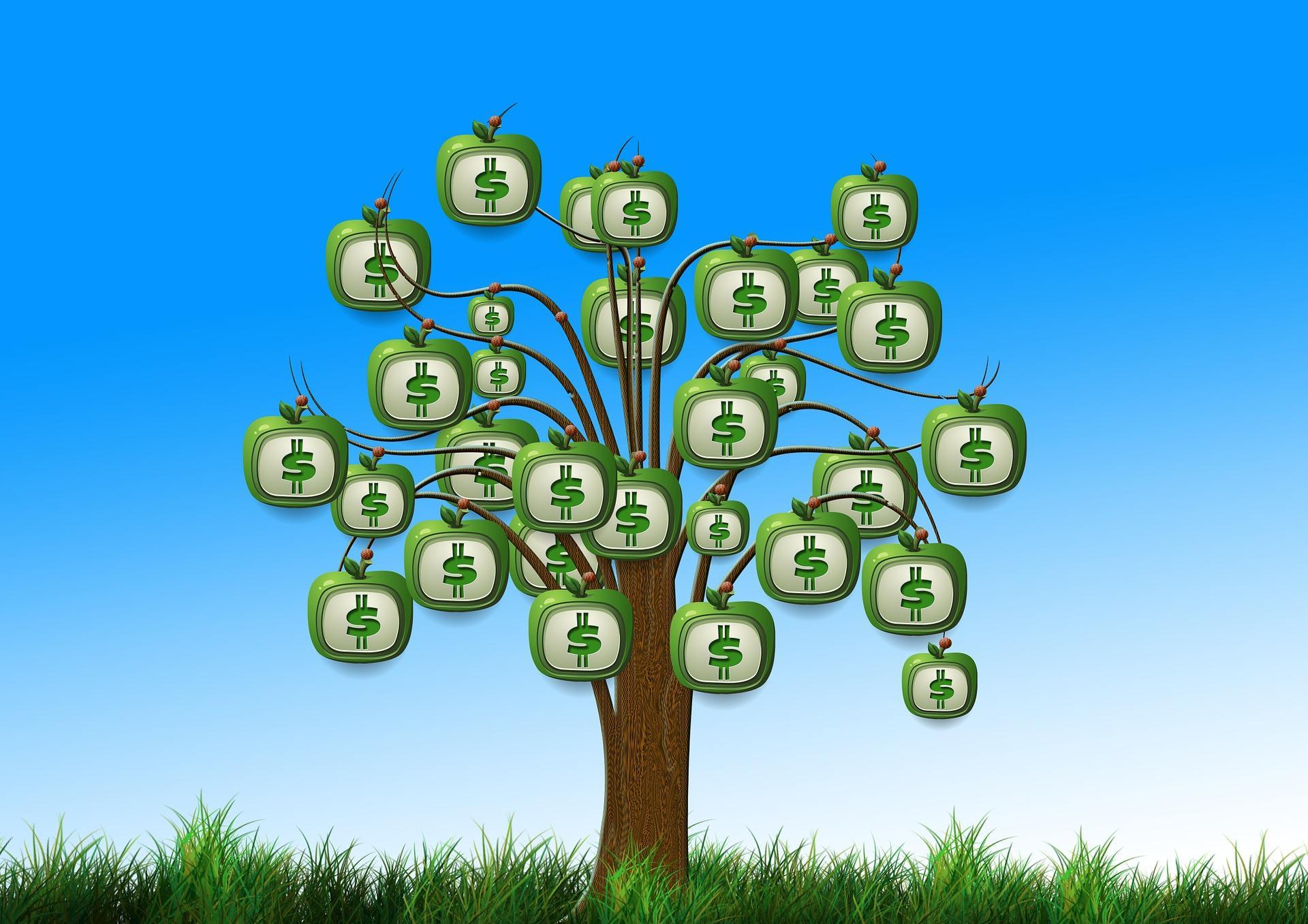Apple Pay is a revolutionary payment method that has kept up with the other E-wallet systems by focusing on phone (or watch!) based payment. The ditching of physical wallets has not been the quickest journey, though that is easy to forget, given Apple Pay’s partial world domination (now available in Korea!). In terms of businesses and banks accepting Apple Pay, the vast majority in Apple Pay countries do accept it, for example 85 percent of shops and restaurants in the UK, not to mention the iGaming industry now offers Apple Pay casinos.
The technology has been around for about a decade and most of that time it has not exactly been popular. I suppose cash did not seem that inconvenient until cards came along, and people had to get used to (and trust) the new system of plastic. Fast forward to now and cash is like a great great grandfather who has a place in our hearts but is very slow and, shockingly, still not dead.

Many predicted Apple Pay’s eventual success however, on account of its ultra-convenient developments. Sleeker, faster, and now you only need to worry about your keys and phone after a night out rather than your wallet too. That’s one third less worry…
To state the obvious though, it is likely other companies had the idea but not the capacity to risk such a long-term venture. This is Apple we are talking about; they have a bit of spending money. The pay off, by the way, is currently almost a quarter of their entire revenue. Well, their ‘services’ (green section at the top) accounts for that, of which Apple Pay is a large part. If you are wondering how that is possible, because the service is totally free then ask your bank: they are charged every time you make a transaction with Apple Pay!
If you have entrusted the access to your capital with these Silicon Valley gatekeepers, then your vulnerability to cyber-attacks has gone up a little. Banks have been dealing with baddies since the dinosaurs and as such have some pretty tight security. Apple has tried to match this by operating offline but if your phone is set to ‘ask to join’ it will link to public Wi-Fi – Wi-Fi you will likely be around when shopping. Public Wi-Fi is one of the most typical attack points for thieves and plenty of Apple Pay victims have been known.
However, attackers must use your money through the app and so defences for this have improved over the years. Why only through the app? Because of tokenization – your actual bank details are given an identity, not a replication meaning your digits are never at risk.
But can the Apple Pay party last?
The giant was hit with a lawsuit in the U.S. last year – it was accused of using its phone market domination to crush payment card companies, violating antitrust laws. Apple has never been afraid to throw its weight around, but it does not exactly help their approval. But, and I cannot say this enough, this is Apple we are talking about – they have historically absorbed far worse lawsuits, and domination does not always require perfect approval!
They may be checked a bit though, meaning phone-integrating E-wallets will share the arena. This only seems fair as such a huge portion seems to be within Apple’s grasp already. In Apple’s defence though it is also worth noting that a huge portion of the world’s population consists of Android users. In fact, the percentage disparity between the two operating systems is something like 70-30 in Android’s favor.
Given that Apple is nonetheless enormous, it comes as no surprise that their phone-market influence is so intimidating in the e-wallet arena. As things stand, I think Apple Pay’s success will cool its trajectory and plateau in the coming years. That said, just under half of all iPhone users actually use the e-wallet, so there is plenty yet to be tapped (pun not intended).
And Apple Pay is indeed already the world’s most popular e-wallet with just over half a billion users(!); plateauing is not a bad fate…
Are competitors hot on their heels, though?
CashApp, Revolute, PayPal and so on have an impressive number of features and happy clients. Given that everyone seems to be copying each other (it is now commonplace, for example, to invest in stocks from the same place you would budget plan) a new world dominating idea seems unlikely. Apple Pay’s edge obviously was their turning of the phone into a bank card for all intents and purposes. This can now be done with Google pay, by any Google user… so what masses remain of this global demand will be catered for without Apple.









